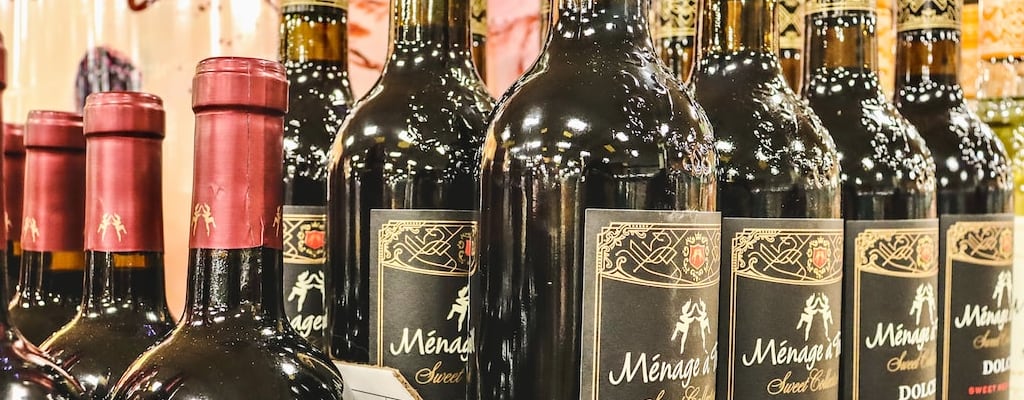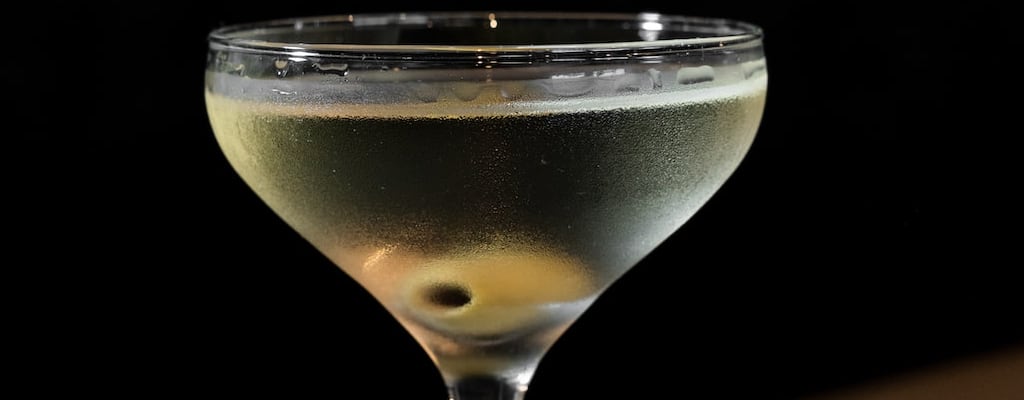in one’s cups: Idiom Meaning and Origin
What does ‘in one's cups’ mean?
The idiom "in one's cups" refers to being drunk or intoxicated. It implies that someone has consumed so much alcohol that they are influenced or affected by it. The phrase is often used to describe someone who is behaving differently or experiencing the effects of excessive drinking.

Idiom Explorer
The idiom "under the influence" means being affected by drugs or alcohol, typically to the point of impaired judgment.
The idiom "in one's hip pocket" means to have someone under complete control or influence. It suggests that the person is easily manipulated or controlled, like an object kept in one's back pocket.
The idiom "in one's head" means to have a thought, idea, or plan solely within the mind without expressing or sharing it with others.
The idiom "in one's dreams" means that something is unlikely or impossible to happen. It is often used to dismiss someone's unrealistic or fanciful ideas.
The idiom "in one's altitudes" means that someone is feeling extremely happy or excited. It is often used to describe a person who is on top of the world or experiencing a great sense of achievement or joy.
The idiom "in one's altitudes" is a relatively obscure phrase that is not widely known or used in everyday conversation. However, there are related idioms that can help shed some light on its meaning and usage.
The idiom "in bed" is used to describe being in a state of involvement or deep understanding of a particular subject or activity.
The idiom "in bed" is a common phrase used in everyday language, especially in informal conversations. Its origins can be traced back to the early 19th century, and it has been widely used in both British and American English.
The idiom "in a state" means to be in a state of distress, anxiety or confusion.
An idiom used to describe someone who is in an emotional or mental state of extreme agitation, distress, or confusion.
The idiom "in the groove" means to be performing exceptionally well or in a state of optimal performance.
In the groove is an idiomatic expression that originated in the United States and is commonly used in American English. It is believed to have emerged in the jazz era of the 1920s, deriving from the rhythmic patterns of jazz music. The phrase is associated with the groove, which refers to the steady beat that musicians establish when playing.
Cups of Intoxication
An idiom widely used in the English language is "in one's cups." This phrase, often used to describe someone who is under the influence of alcohol, has a specific meaning and is relatively straightforward. It refers to being drunk or intoxicated.
The origin of this idiom can be traced back to ancient times. "In one's cups" is believed to have originated from the practice of using cups to measure alcohol consumption. In ancient Greece, the amount of wine in a cup was carefully measured to prevent excessive drinking. Therefore, being "in one's cups" meant that one had consumed enough alcohol to become intoxicated.
Over time, the idiom has evolved to refer to anyone who is drunk or intoxicated, regardless of the specific beverage they have consumed. It is widely recognized and used in both formal and informal contexts. When someone is described as being "in their cups," it is a clear indication that they have had too much to drink and may be behaving unusually.
It is important to consider the context when using the idiom "in one's cups." While it typically refers to being intoxicated, it can also be used metaphorically to describe someone who is excessively enthusiastic or preoccupied with a particular subject. However, this metaphorical usage is less common and may require additional context to be understood correctly.
The idiom "in one's cups" has a clear and well-defined meaning. It is used to describe someone who is under the influence of alcohol and can be traced back to ancient practices of measuring alcohol consumption. While it may have a metaphorical usage, it is primarily associated with being drunk or intoxicated. The idiom continues to be used in contemporary English and is recognized by speakers of the language as a way to describe excessive alcohol consumption.
When someone is "under the influence," they are in a state of being affected by alcohol or drugs. This idiom is often used to describe someone who has consumed a significant amount of alcohol or other substances. It is similar in meaning to the idiom "in one's cups," as both refer to being intoxicated.
Another related idiom is "hold one's drink." This phrase is used to describe someone who can consume alcohol without becoming drunk or intoxicated. It suggests that the person has a high tolerance for alcohol and can handle their liquor well. It is the opposite of being "in one's cups" or "under the influence."
Similarly, the idiom "hold one's liquor" has a similar meaning to "hold one's drink." It describes someone who can consume alcohol without becoming intoxicated. The person is able to handle the effects of alcohol and does not become drunk easily. Like "hold one's drink," this idiom is the opposite of being "in one's cups" or "under the influence."
The idiom "in one's cups" is widely used in the English language to describe someone who is drunk or intoxicated. It has its origins in ancient practices of measuring alcohol consumption and has evolved to have a metaphorical usage as well. Additionally, related idioms such as "under the influence," "hold one's drink," and "hold one's liquor" provide further nuance and context to the concept of intoxication. These idioms reflect our understanding of alcohol's effects and the ways in which we describe and discuss them.
Example usage
Examples of how the idiom *in one's cups* can be used in a sentence:
- After a few beers, he was definitely in his cups and started singing loudly.
- She tends to make reckless decisions when she's in her cups.
- I could tell he was in his cups by the way he stumbled on the dance floor.
More "Alcohol" idioms

